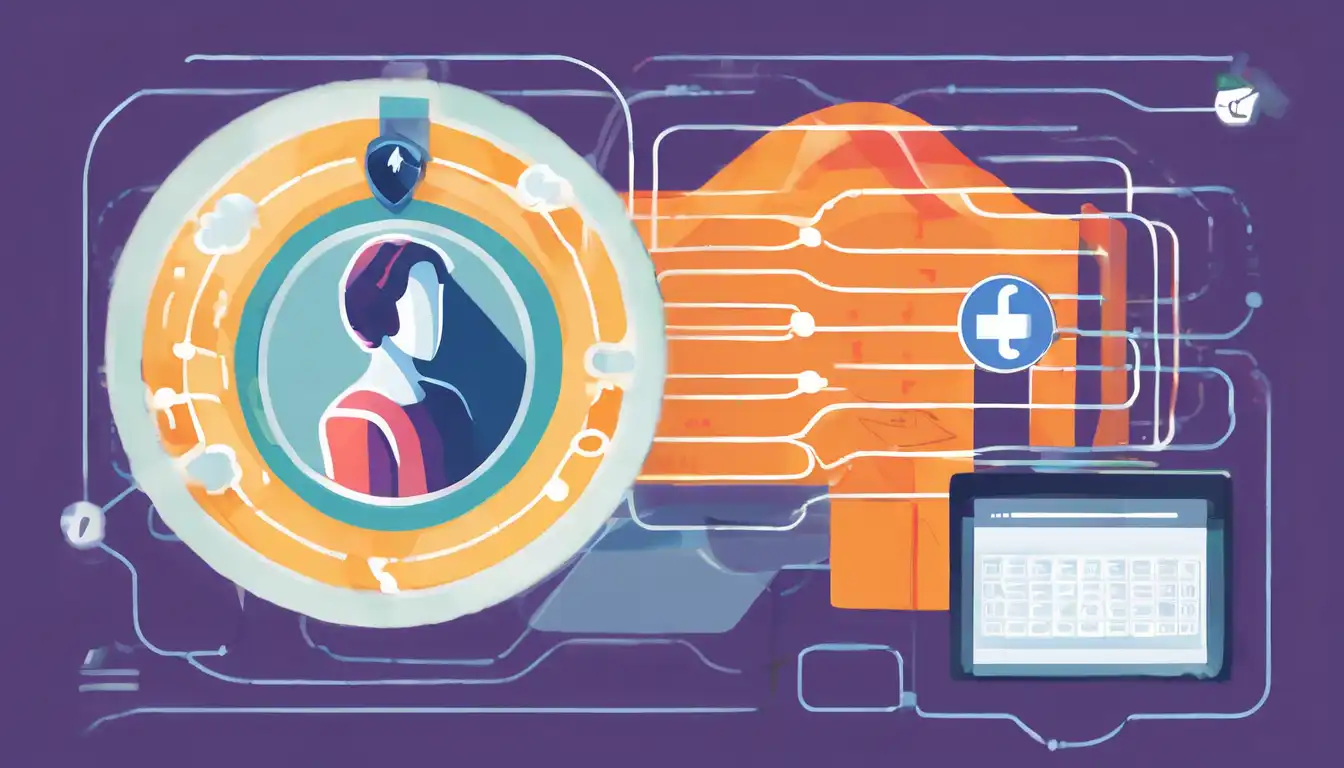Why VPNs Are Crucial for Online Privacy
In today's digital age, protecting your online privacy has never been more important. With cyber threats on the rise, a Virtual Private Network (VPN) serves as a critical tool in safeguarding your internet connection. This guide will explore the ins and outs of VPNs and how they contribute to your online privacy.
What Is a VPN?
A VPN is a service that encrypts your internet connection and hides your IP address, making your online actions virtually untraceable. This not only secures your data from hackers but also protects your privacy from prying eyes.
How Does a VPN Protect Your Privacy?
By routing your connection through a secure server, a VPN masks your IP address, making it difficult for third parties to track your online activities. This is especially important when using public Wi-Fi networks, where your data is more vulnerable to interception.
Choosing the Right VPN for Your Needs
Not all VPNs are created equal. When selecting a VPN, consider factors such as encryption standards, server locations, and privacy policies. Here are some key features to look for:
- Strong Encryption: Look for VPNs that offer AES-256 bit encryption, the gold standard in data security.
- No-Log Policy: Ensure the VPN provider does not keep logs of your online activities.
- Server Locations: More server locations mean better speed and accessibility to geo-restricted content.
The Role of VPNs in Bypassing Geo-Restrictions
Beyond privacy, VPNs allow you to access content that may be restricted in your region. By connecting to a server in a different country, you can enjoy a wider range of online content, from streaming services to news websites.
Common Misconceptions About VPNs
Despite their benefits, there are several misconceptions about VPNs. Some believe that VPNs are only for tech-savvy individuals or that they slow down your internet connection significantly. However, modern VPNs are user-friendly and designed to minimize speed loss.
VPNs and Online Security: Beyond Privacy
While VPNs are primarily known for enhancing privacy, they also play a significant role in overall online security. By encrypting your data, VPNs protect against various cyber threats, including phishing attacks and malware.
Final Thoughts on VPNs and Online Privacy
In conclusion, a VPN is an essential tool for anyone looking to protect their online privacy and security. Whether you're browsing at home or on public Wi-Fi, a VPN provides the peace of mind that your data is secure. Remember to choose a reputable VPN provider and stay informed about the latest in online privacy.
For more insights on protecting your digital life, explore our guides on internet security and data protection.
